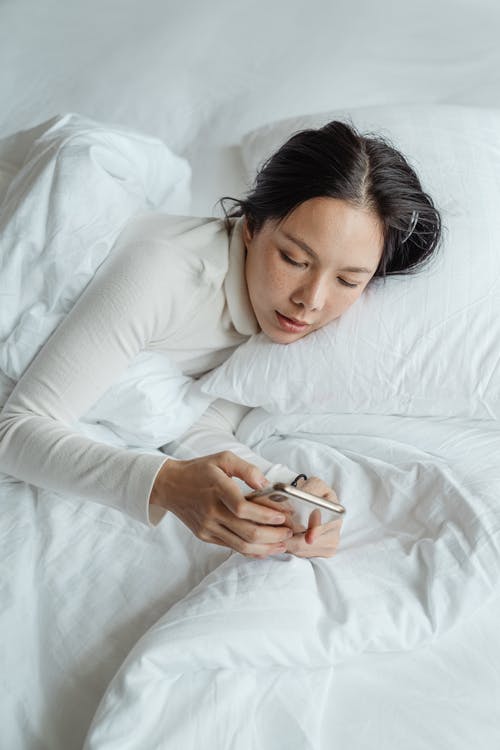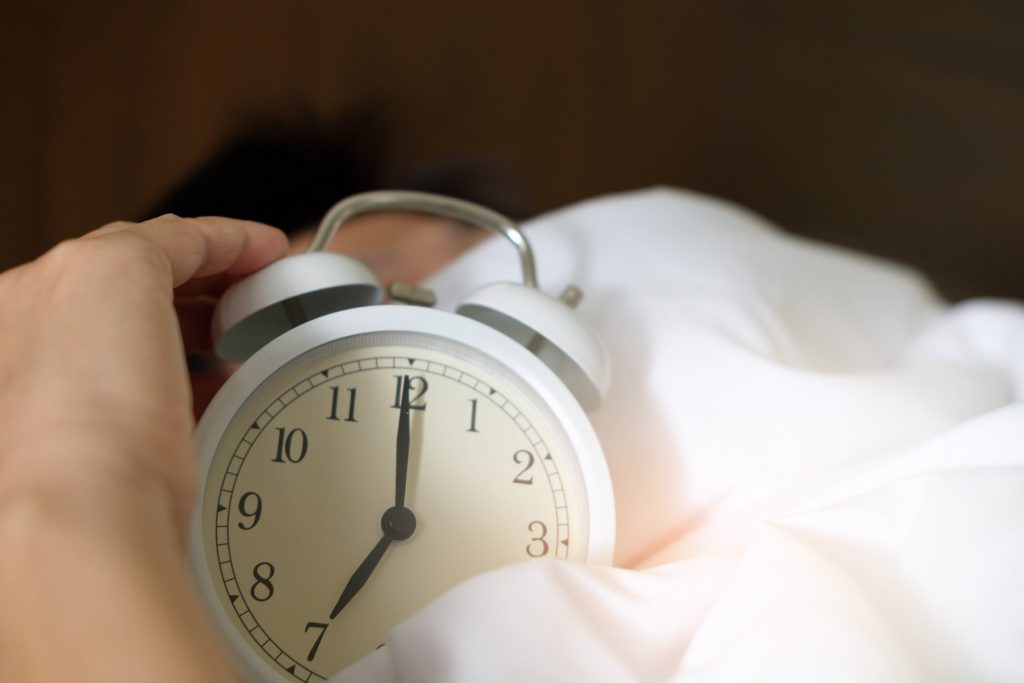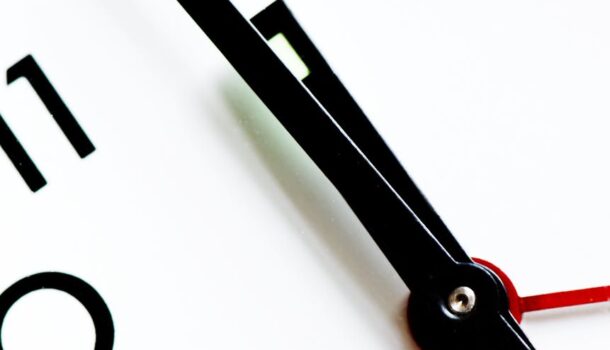We fall back in time this Sunday with the end of Daylight Saving Time.
The time change affects people in different ways — some may experience Seasonal Affective Disorder or SAD.



Dr. Don Bucklin with WorkCare says it’s hard to shift to starting our day in the dark and ending it in the dark. Clock changes also disrupt our sleep, metabolism, and stress levels. Changes in sleep can make us feel tired or irritable, and even increase our appetite. Disrupting our natural sleep cycle can also affect our movement and reaction times, raising the risk of injury. Kids and early risers suffer most from clock changes.
Bucklin does say, when we fall back, we do see fewer heart attacks and stroke.


